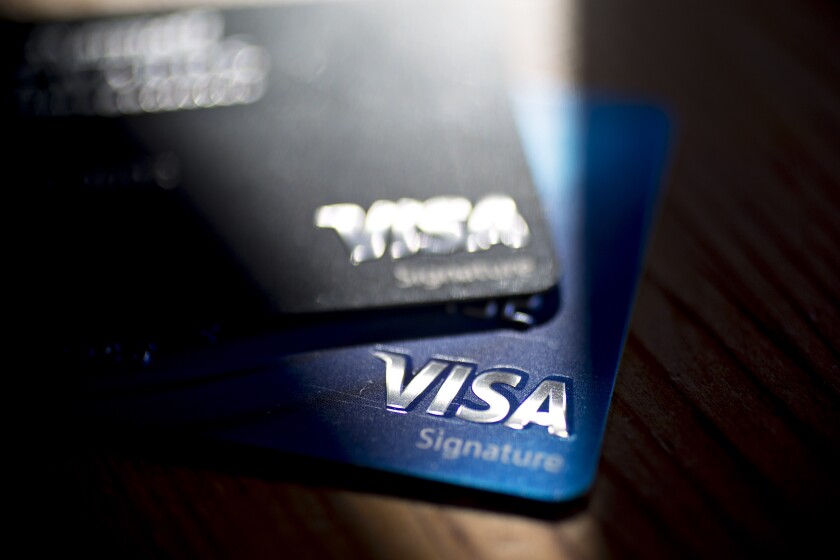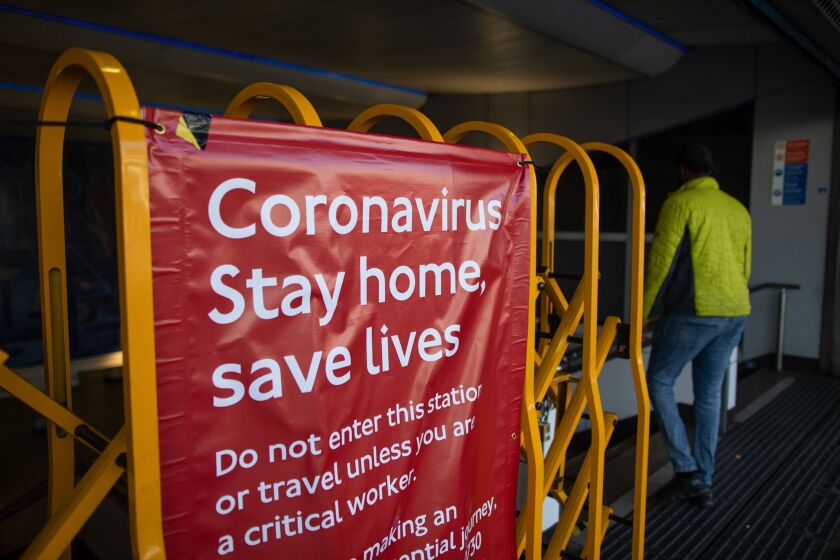Discover is working to help Black-owned businesses and other merchants maintain foot traffic — safely — through the use of the card network's payments technology and its marketing heft.
With consumers and merchants alike sharing the need to be paid faster, the case for adopting real-time payments globally has quickly advanced during the COVID-19 pandemic.
The major card networks have heavily invested in broader services as transaction processing loses its luster, a strategy that’s provided a ray of hope as retail and travel industries remain sidelined.
The economic impact of the coronavirus pandemic could lead to the ongoing expansion of workers’ access to early, or earned wages (EWA) through advances and instant payouts, including to new types of users.
The coronavirus pandemic has changed the way many industries conduct business — and that's especially true of the legal cannabis industry, which was already struggling in the U.S. to find the best way to handle noncash payments.
Visa is delaying previously announced interchange and fee changes until April 2021, except for changes in the supermarket category, which will remain on the same schedule.
Visa’s the first card company to push back the October deadline for U.S. gas station EMV compliance, but that’s just one of a mounting set of challenges petroleum merchants are facing because of the coronavirus.
Fears of catching coronavirus during the payment process has given a sharp boost in usage and awareness of contactless payments since the pandemic began, according to a new survey from Mastercard.
The coronavirus pandemic has added a troubling twist to the already difficult process of converting fuel pumps to accept EMV chip cards and communicate with the stations' point-of-sale terminals.
Credit card chargebacks were rising in certain categories prior to the coronavirus outbreak, but the pandemic is causing a spike in all types of payment card disputes.














